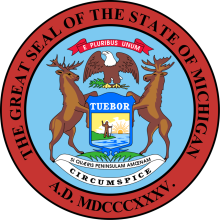Y-ZONE is Connecting Families with CBRS – Episode 500 of the Community Broadband Bits Podcast

This week on the podcast, Christopher is joined by Margaret Kaufer, President of the New York-based STEM Alliance, and Bob Cacase, Commissioner of Information Technology for the City of Yonkers. During the conversation, the three talk about Y-ZONE, a partnership between several community groups working to connect households in Yonkers. They discuss origins of the partnership, performance of the CBRS technology the network relies on, and some technical details of their particular build. They also get into the nitty gritty of real world costs associated with building CBRS networks, and how they overcome obstacles they have faced regarding adoption by the community.
This show is 35 minutes long and can be played on this page or via Apple Podcasts or the tool of your choice using this feed.
Transcript below.
We want your feedback and suggestions for the show-please e-mail us or leave a comment below.
Listen to other episodes here or view all episodes in our index. See other podcasts from the Institute for Local Self-Reliance here.
Thanks to Arne Huseby for the music. The song is Warm Duck Shuffle and is licensed under a Creative Commons Attribution (3.0) license.


